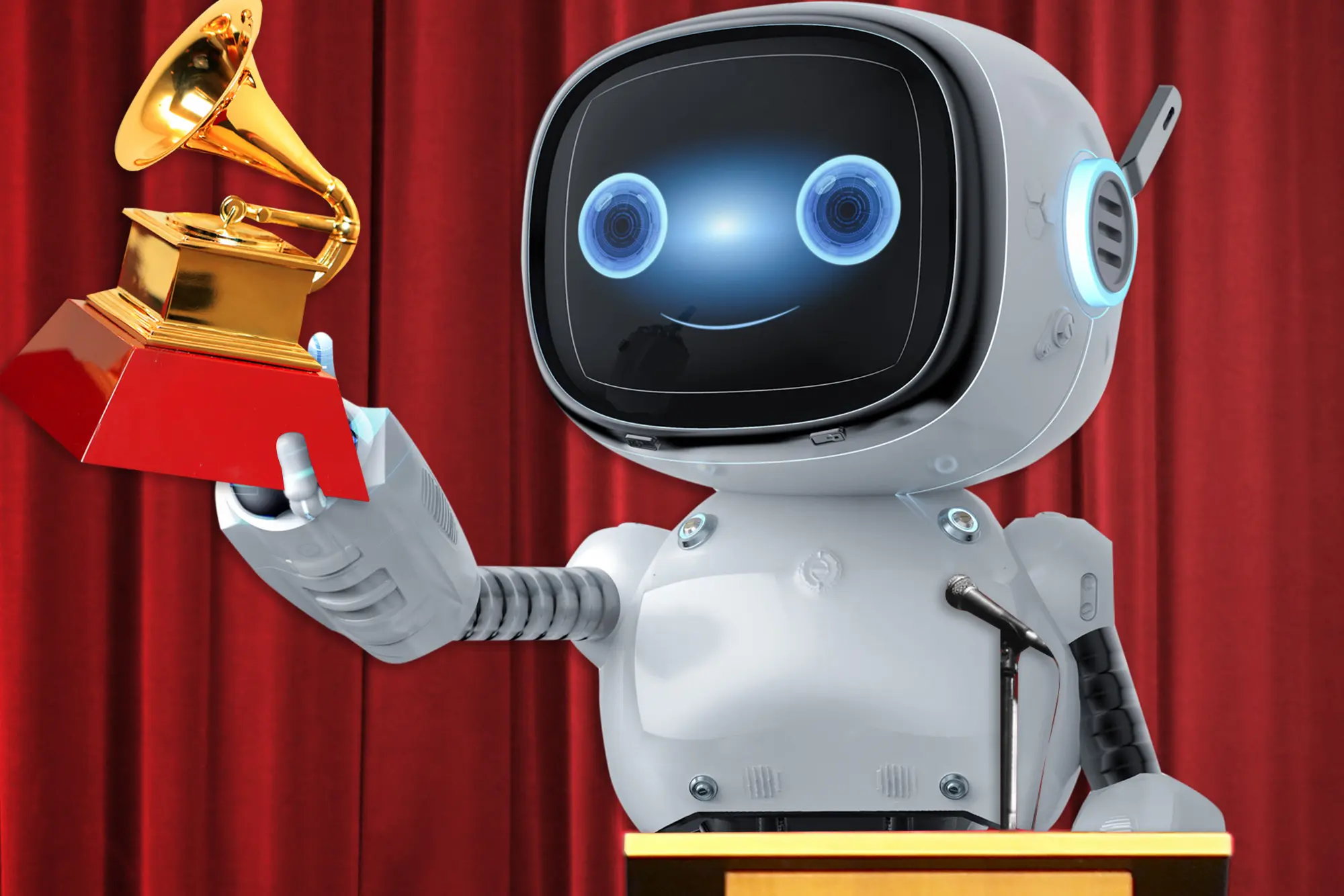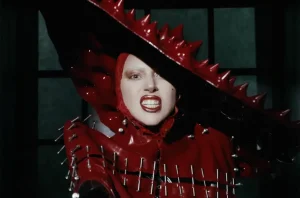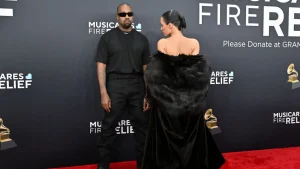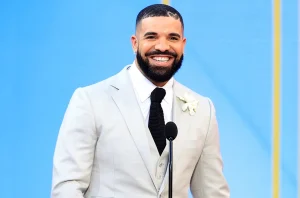
Artificial intelligence has demonstrated its capacity to accomplish a multitude of tasks, ranging from scripting radio shows to producing realistic artwork. However, the question that arises is whether AI can be recognized with the music industry’s highest honor, the Grammy Award.
The Recording Academy, the governing body responsible for organizing the Grammy Awards, has recently released updated guidelines for the upcoming event. One of the key provisions stipulates that the Grammy Award is reserved solely for “human creators.” Hence, artificial intelligence lacks the eligibility to receive this esteemed recognition. Songs that comprise elements generated by artificial intelligence can still be considered for nomination, as long as there is concrete evidence that a human being has meaningfully contributed to the composition as well.

Nevertheless, it is imperative to note that only humans, and not AI, are permitted to nominate their work for an award.
As stated by Harvey Mason Jr., the CEO of the Recording Academy, “If there’s an AI voice singing the song or AI instrumentation, we’ll consider it. But in a songwriting-based category, it has to have been written mostly by a human.” Additionally, Mason emphasized that AI will undoubtedly shape the future of the music industry. Instead of disregarding its significance, the Grammy Awards should confront questions related to AI head-on.
Harvey Mason Jr. has posed thought-provoking questions on the matter: “How can we adapt to accommodate? How can we set guardrails and standards? “There are a lot of things that need to be addressed around AI as it relates to our industry.”
Attorneys are also exploring the pros and cons of AI, particularly in the context of citing court cases. In addition, the United States Copyright Office has recently released updated guidance on submitting AI-assisted creative work for copyright consideration.







